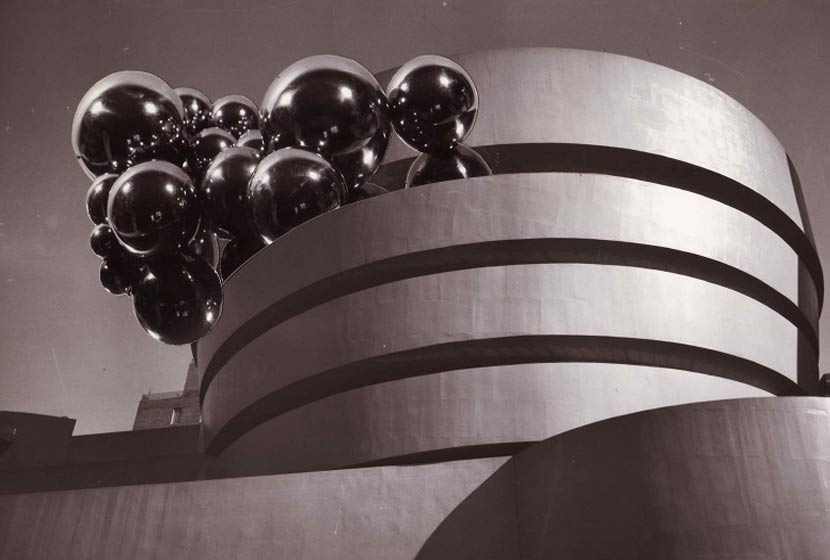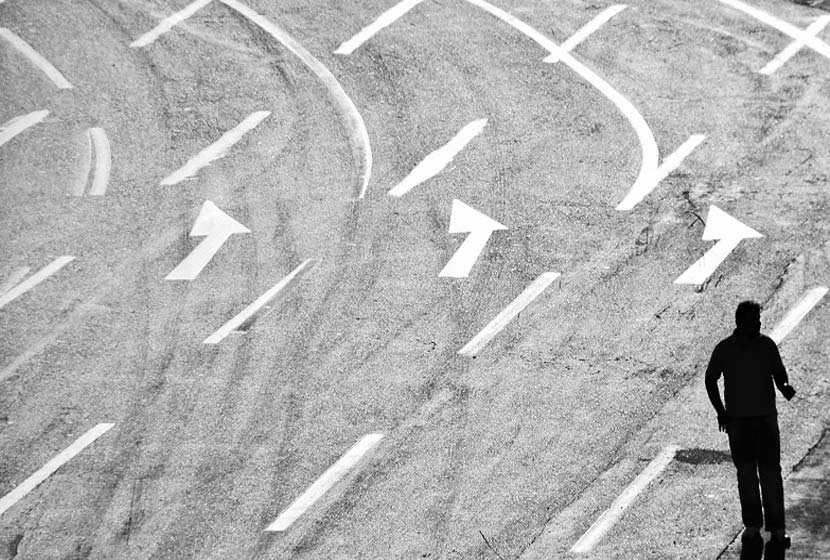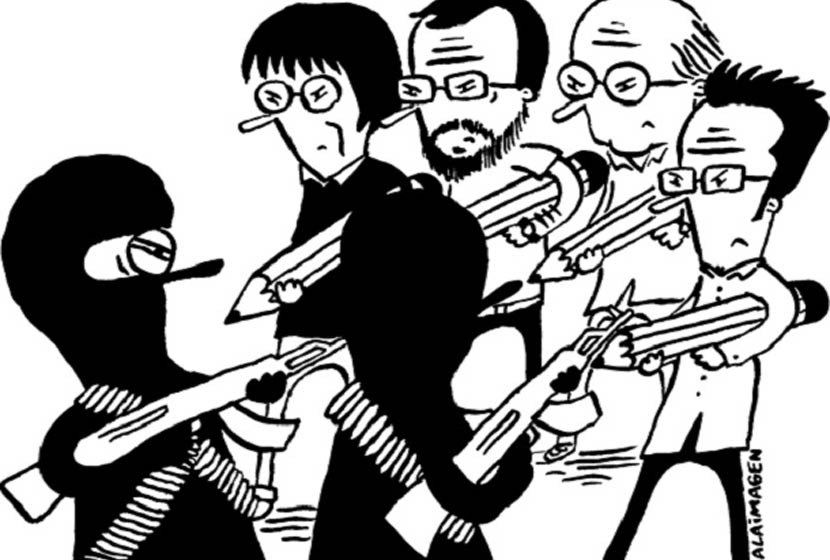We have entered a society of the ephemeral, of the moment, of volatility, of speed. Zapping and surfing are becoming essential morals in our relationship with the world, a way of playing with the surface to avoid choosing and multiplying experiences without commitment. The sociologist David Le Breton dissects the era of modernity in an unparalleled way, and calls for certain considerations regarding corporeality to be reflected upon in the sociology of the body as a social and cultural construction. Our behaviours, our ways of being only make sense "with the cultural gaze of man" and we must now show attention to ourselves while mastering "our choices and values" in order to adopt new perspectives, or at least, optimistic perspectives. Hence this text on the praise of the slowness that UP' offers you as the first good resolution of this new year.
"Speed limits space, slowness multiplies it. "Pol Bury, Time dilated.
A contemporary individual, who is self-supporting, is constantly confronted with a multitude of decisions. He or she is subject to the crushing of time on the immediate since the world is no longer given in time but in the grasp of the moment. The dread is that of desynchronization, that of no longer being in tune with the actuality of one's own life caught in the net of social and professional upheavals, an emergency that never ends and which never stops preventing one from enjoying one's existence, and leads to a sequenced time going from one task to another, or rather the resolution of one tension to another. An injunction of speed, efficiency, effectiveness, availability that requires you to tear yourself away from yourself, to go faster than your shadow to react.
But the capacities of resistance are not extensible to infinity, they exhaust the individual and lead to the fatigue of existing. Contemporary technologies, far from saving time as is often believed, are constantly multiplying personal commitments and mobilizations that never end. The cell phone is the key instrument of mobility, reactivity, adaptability and the multiplicity and ubiquity of commitments, it makes working time and availability unlimited. Modernization has continued to accelerate the pace of life. The more time we gain, the more time escapes us, and the hungrier we get. This time saved is not the time for rest. The whole of existence is tilted towards urgency and the need never to waste time, to maintain constant attention to others and to events. We have to go faster and faster to stay put. Even in personal life, our societies live by Taylor's terrible words of "war on loitering" in the Ford factories of the 1920s, because he could not bear to see workers stop working for a single moment.
If reflexivity has always accompanied the individual in his or her relationship to the world, the disappearance of traditional regulations, models and norms gives more room for manoeuvre. Always on the alert, in experimentation, the relative calculation of what to do according to circumstances, there is little rest.
Staying on the move, surfing on the renewal of products, social expectations, or job offers to stay afloat, becomes an occupation in its own right and a principle of identity. The watchword is to keep up, to adjust to change, to not fall behind. Hence the success of the notion of resilience, of not being demolished by adversity, of coping with change in order to bounce back immediately; the growing importance in bookstores of shelves devoted to recipes for helping oneself or even "becoming oneself". In the world of widespread obsolescence, one must make oneself obsolete, fluid, recyclable.
The frenzy of speed, of performance, calls in reaction the will to slow down, to calm down the game. A strong political and citizen resistance is being mobilized in this regard. Slowness is the rhythm of love, tenderness, conversation, attention to others, eroticism, enjoyment of the fact of existing. It does not care about the exultation of premature ejaculation which is at the heart of the contemporary. She claims the slow food, the slow cities against the ambient fever.
Hence also the recent craze in our societies for walking, which hundreds of millions of men and women are discovering with jubilation. They immerse themselves in a time that stretches, wanders, stands out from the clock. Walking in an inner time that is conducive to a return to oneself, walking calls for a happy suspension of time, a readiness to improvise according to the events of the journey. It does not consist in gaining time but in losing it with elegance, with a smile on your face. It is a full occupation of time, but in the slowness, it is a resistance to these imperatives of speed, urgency, availability that prune the taste for life. Today, the roads are full of strollers who walk at their own pace, in their own time, conversing peacefully or meditating with their nose to the wind. Only slowness makes it possible to keep up with things and the rhythm of the world. It is the evidence of the journey, it calls for an attentive, even contemplative progression, the possibility of stopping to take advantage of a place or to rest. It is a breathing movement.
As it is woven in slowness, time becomes the measure of the body, there is nothing but each passing moment. Walking is back to the elementary: dawn, sunset, night, earth, grass, stones, hills, mountains, water, rain, wind, it reminds us of our essential humanity immersed in a world that overwhelms us and amazes or worries us. A beautiful escape out of time or in a slowed down time, walking is not a search for performance or a quest for the extreme sponsored by commercial brands, it is an effort commensurate with the walker's own resources.
David LE BRETON, Sociologist
David Le Breton is the author of : "Marcher : éloge des chemins et de la lenteur", (Métailié 2012) and "L'Adieu au corps" (Métailié 2013).
Photo: © Pol Bury, artist of slowness.












